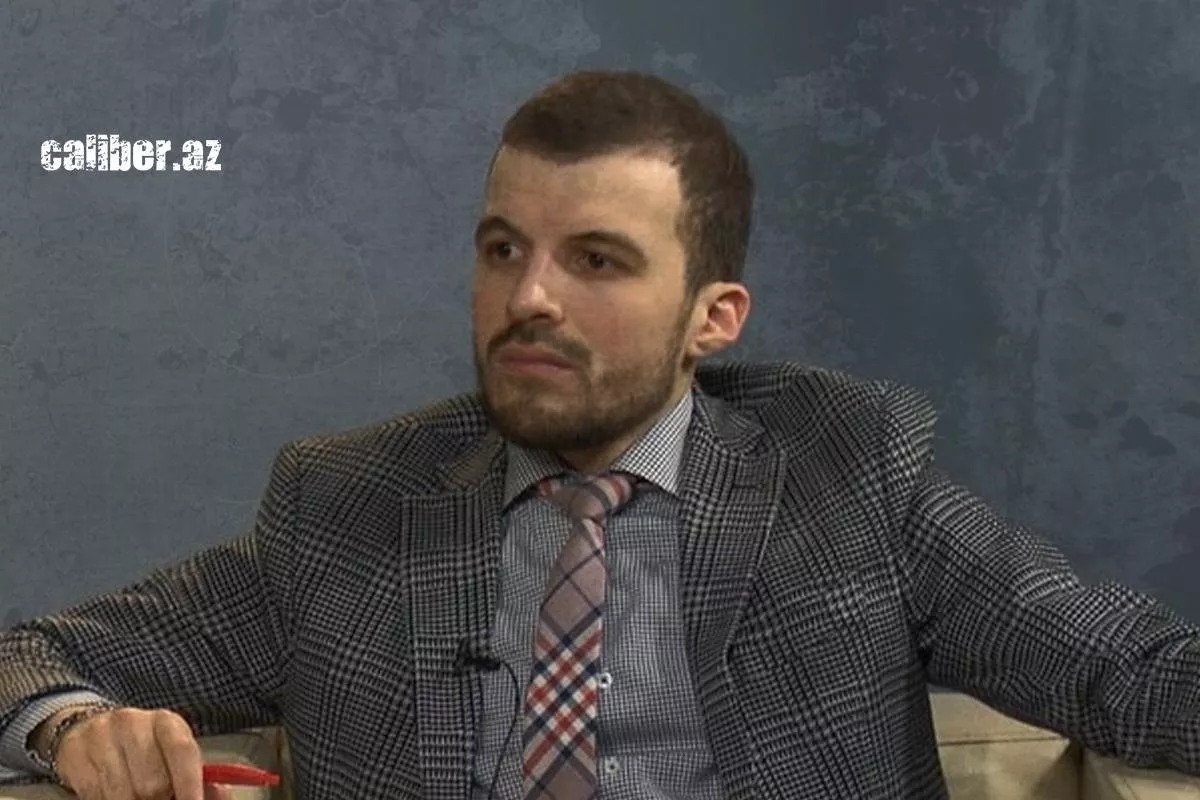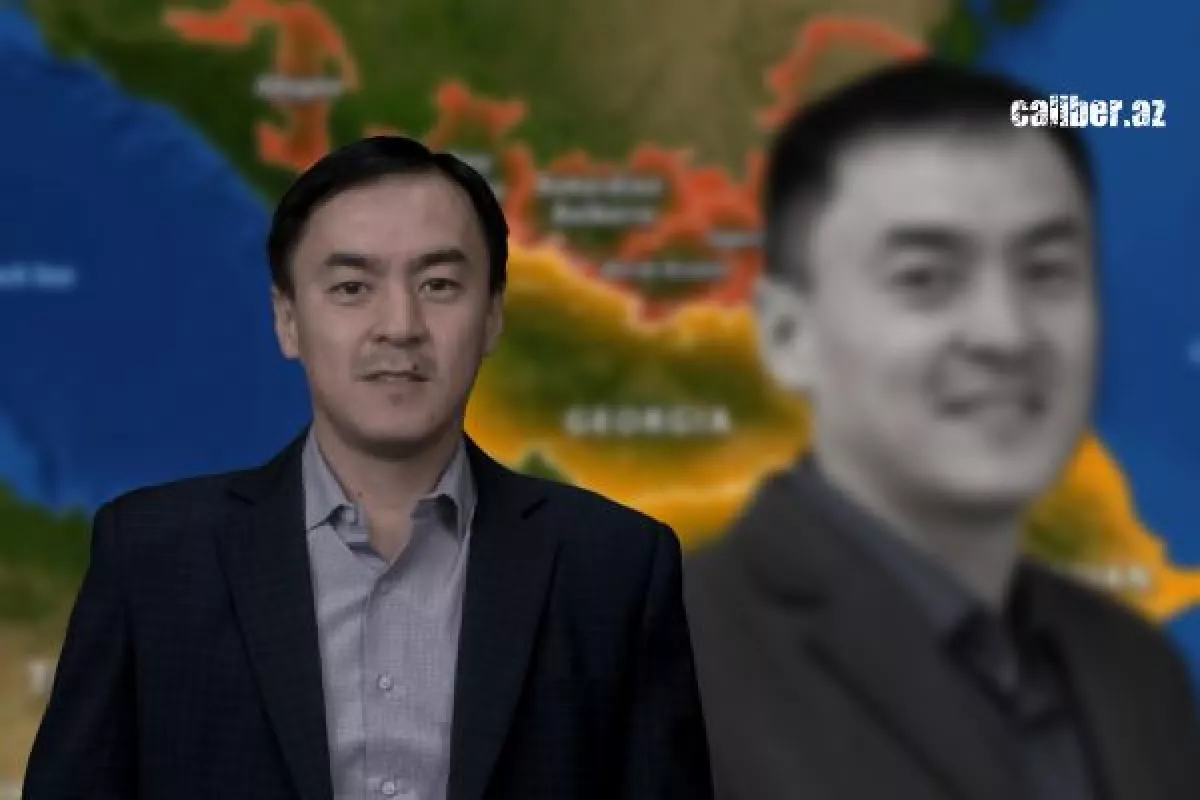Baku's response to PACE: A fair retaliation amid rising Western pressure Foreign experts on Caliber.Az
Azerbaijan has declared persona non grata the MPs of the Parliamentary Assembly of the Council of Europe (PACE) who voted against the ratification of the powers of the Azerbaijani delegation in this organisation. These persons will not be allowed to enter Azerbaijan until the powers of the Republic are restored. This retaliatory step can be considered fair, especially in light of the unjustified anti-Azerbaijani campaign recently unleashed in the PACE.
On August 23, German MP Frank Schwabe said that Azerbaijan is allegedly not interested in membership in the Council of Europe, accusing Baku of “ignoring the values promoted by the Council of Europe” and that PACE representatives were not invited to observe the parliamentary elections in Azerbaijan. At the same time, Schwabe noted that he intends to visit Azerbaijan within the framework of the COP29 conference.
In response, Azerbaijani Foreign Ministry Spokesperson Aykhan Hajizada called Shvabe's statements biased and false.
“Frank Schwabe is well aware that the only reason why PACE representatives were not invited to observe the Milli Majlis [parliament] elections is that the mandate of the Azerbaijani delegation has not yet been restored despite the promises made to our country at the political level, including by German officials,” the words of the Azerbaijani Foreign Ministry's official representative are quoted on the department's website. So, Frank Schwabe and his colleagues from PACE are unlikely to attend such an important international event in Baku.
In an interview with Caliber.Az, experts and political analysts from other countries assess this mess in PACE and Baku's response:

According to Aslan Rubayev, a Russian political scientist and expert on CIS countries, in recent years Azerbaijan has turned into a very strong regional player, a stable state attractive to many countries.
He noted that this is noticeable even by the positive reaction that Azerbaijan's application for BRICS membership has caused among the members of this authoritative organisation.
“There was certainly an American plan to destabilise the South Caucasus, primarily aimed at taking control of the region's energy hubs and transport corridors, to do it all under the NATO umbrella. It was planned to use Armenia as a springboard to enter the region, but this plan did not work. We have seen how Baku promptly regained control over all occupied territories, nullifying all the dreams of the West. Now Azerbaijan wants to develop economically, Azerbaijan does not want to go to war, but the forces in the West want to impose another plan on it. The emergence of such a major player in the region and outside it, which does not want to follow the West's path, of course, worries Washington and Brussels. This is where such aggressive rhetoric towards Azerbaijan comes from, and the pressure on Baku will only grow. That is, the stronger and more independent Azerbaijan becomes, the more tangible will be the pressure of the West on Baku and its policy. The unipolar world is collapsing and other strong players are emerging, such as Orban in Budapest, Aliyev in Baku, Putin in Moscow and others,” the political scientist said.
In the expert's opinion, a new era of geopolitical change is coming, and the West can do nothing about it. However, it is trying to hinder these processes as much as possible, to continue its policy of colonialism, and the ambiguous behaviour of PACE MPs is also an echo of the West's struggle against new strong players.
“But, in my opinion, Baku should not be particularly fixated on its participation in PACE, it would be much easier to leave this organisation. After all, Baku has much more important tasks: it is expected in BRICS, the countries of the East and Asia that are determined to cooperate globally with Azerbaijan. These are China, Saudi Arabia, of course, Russia and many other states. Europe, in turn, has lost its political subjectivity, and the reactions and actions of its political institutions are not painful for Azerbaijan, accompanied by unnecessary hype and excitement in the media, but in no way can exert any pressure on Baku,” Rubayev concluded.

According to Kazakh political scientist, candidate of political sciences Sharip Ishmukhamedov, such an organisation as PACE was created during the Cold War, and after its completion continued the same rhetoric and practice of censuring the policies of countries that are not members of Western blocs.
“So PACE is not fulfilling its main task of strengthening the partnership and cooperation of the EU with its neighbouring countries. On the contrary, neighbouring countries are assessed in terms of values, norms, laws of Europe, which de jure and de facto cannot be exactly the same as in EU countries. And such persons as Frank Schwabe and Markus Wichel only prove the duplicitous nature of such deputies, of which there are many in the PACE.
The most vivid example is the rhetoric that unfolded in PACE, when Azerbaijan, which restored its territorial integrity, liberated Karabakh from separatism and terrorism, was accused of lack of democracy and human rights violations, while nothing was said about the true occupiers. Where are the resolutions to punish those who expelled Azerbaijanis from their own lands and killed innocent residents?
At the same time, it is worth noting the quite sober assessment of what is happening by the head of the Swedish PACE delegation, Markus Wichel, who, unlike Schwabe's emotional statements, honestly admitted that he had been taking an anti-Azerbaijani position for many years and was not surprised by Azerbaijan's decision to impose an entry ban on six Swedish MPs ahead of the COP29. Thus, he recognised Azerbaijan's legitimate right to defend its interests, including during local elections to the country's parliament, because Azerbaijan has no faith in the fairness of European political institutions - everything is logical. Let us recall that back in 2017, the former head of PACE stated that he left PACE because the organisation was experiencing a severe crisis and was difficult to manage. Since then, as we can see, PACE has only intensified its hostile rhetoric and practice of violating its powers," Ishmukhamedov added.








